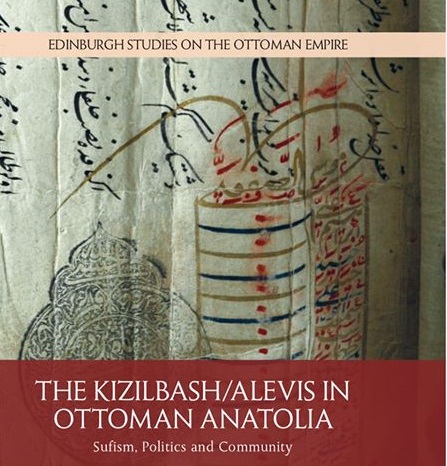- Explores the transformation of the Kizilbash from a radical religio-political movement to a religious order of closed communities
- The first comprehensive social history of the Kizilbash/Alevi communities
- Combines conventional sources with newly discovered ones generated within the Kizilbash-Alevi milieu
- Argues for a readjustment in focus from pre-Islamic Central Asia to the cosmopolitan Sufi milieu of the Middle East when exploring genealogies of popular Islam in Anatolia
- Offers a critical assessment of the long-standing Köprülü paradigm in the field of religious and cultural history of Anatolia
- Provides a new perspective on the Ottoman-Safavid conflict, and on Sunni-Shiʿi confessionalisation in the early modern period
- Opens new avenues of research in the study of other ‘heterodox’ communities in the Islamic world
The Kizilbash were at once key players in and the foremost victims of the Ottoman-Safavid conflict that defined the early modern Middle East. Today referred to as Alevis, they constitute the second largest faith community in modern Turkey, with smaller pockets of related groups in the Balkans. Yet several aspects of their history remain little understood or explored. This first comprehensive socio-political history of the Kizilbash/Alevi communities uses a recently surfaced corpus of sources generated within their milieu. It offers fresh answers to many questions concerning their origins and evolution from a revolutionary movement to an inward-looking religious order.
Ayfer Karakaya-Stump is Associate Professor of History at The College of William and Mary. She has published articles in Turcica, International Journal of Turkish Studies and British Journal of Middle Eastern Studies, and has published a monograph in Turkish with Bilgi University Press (2015).

